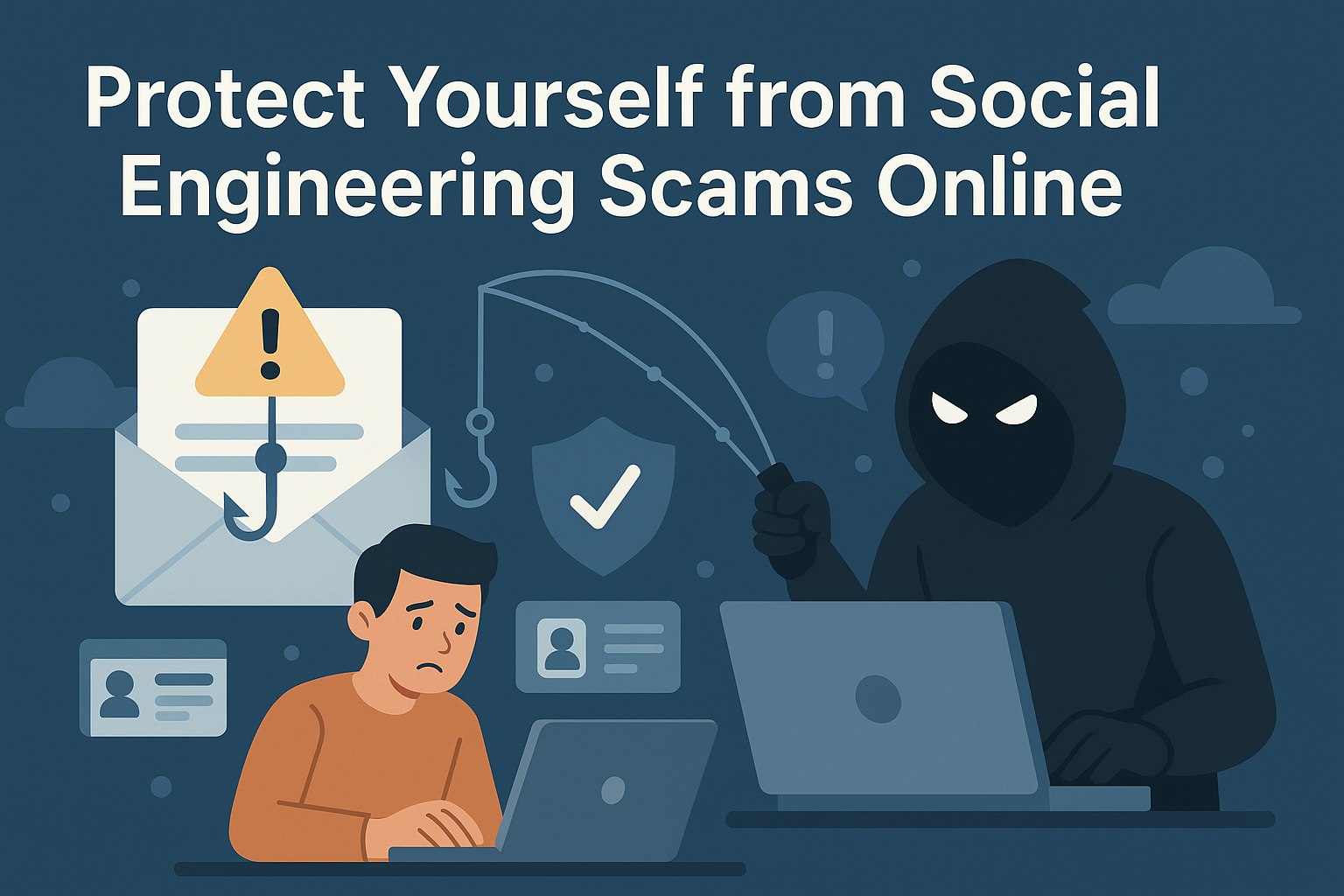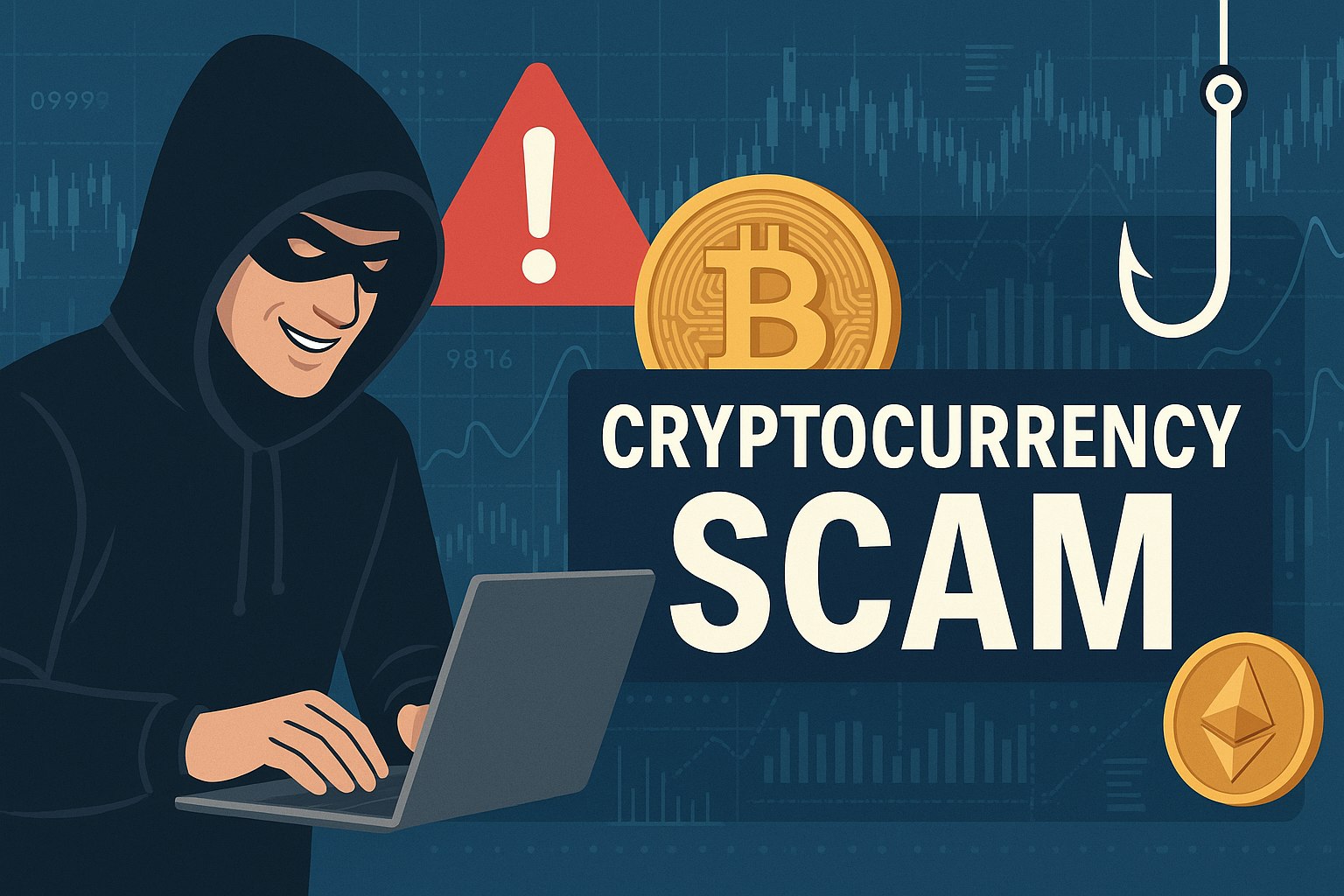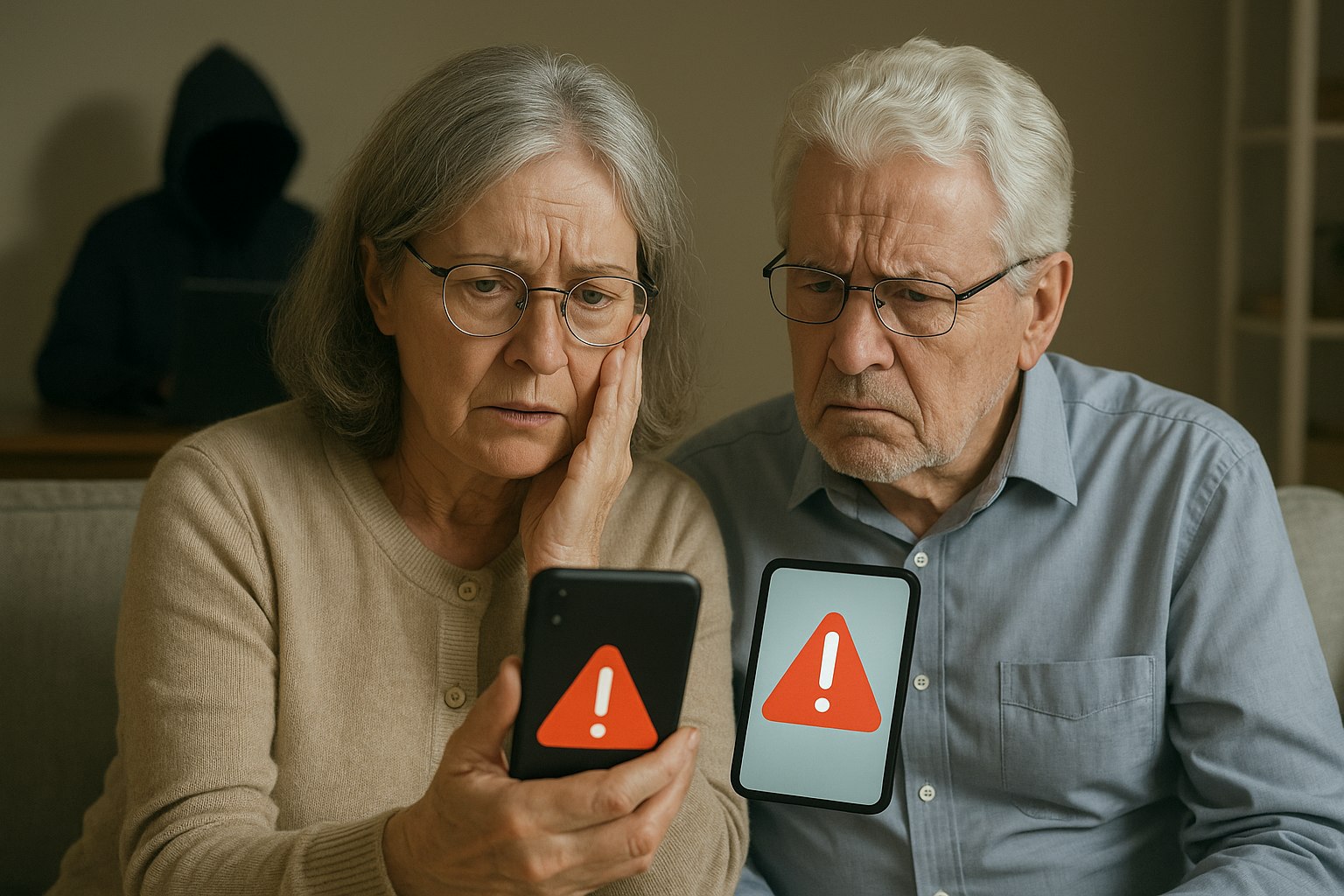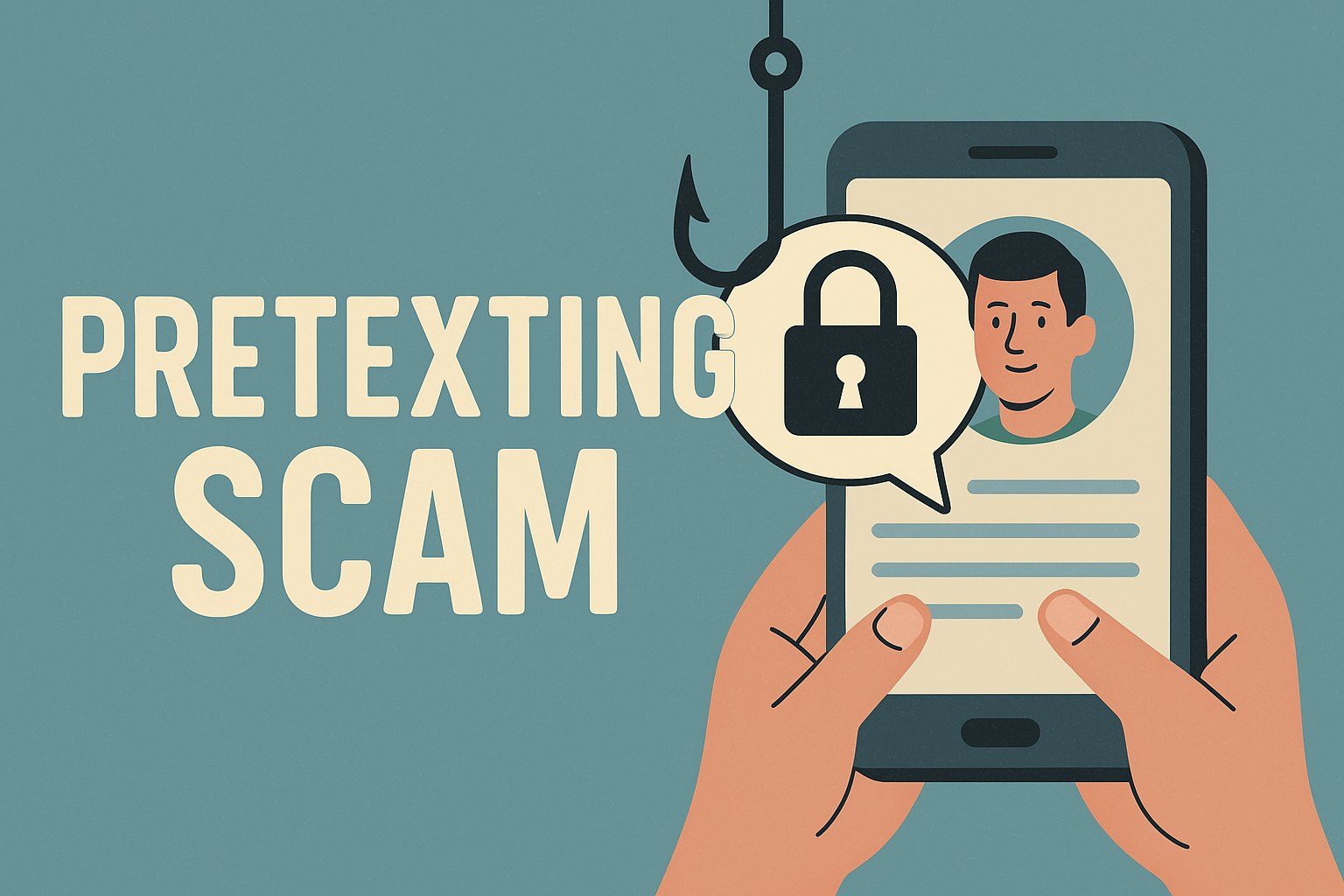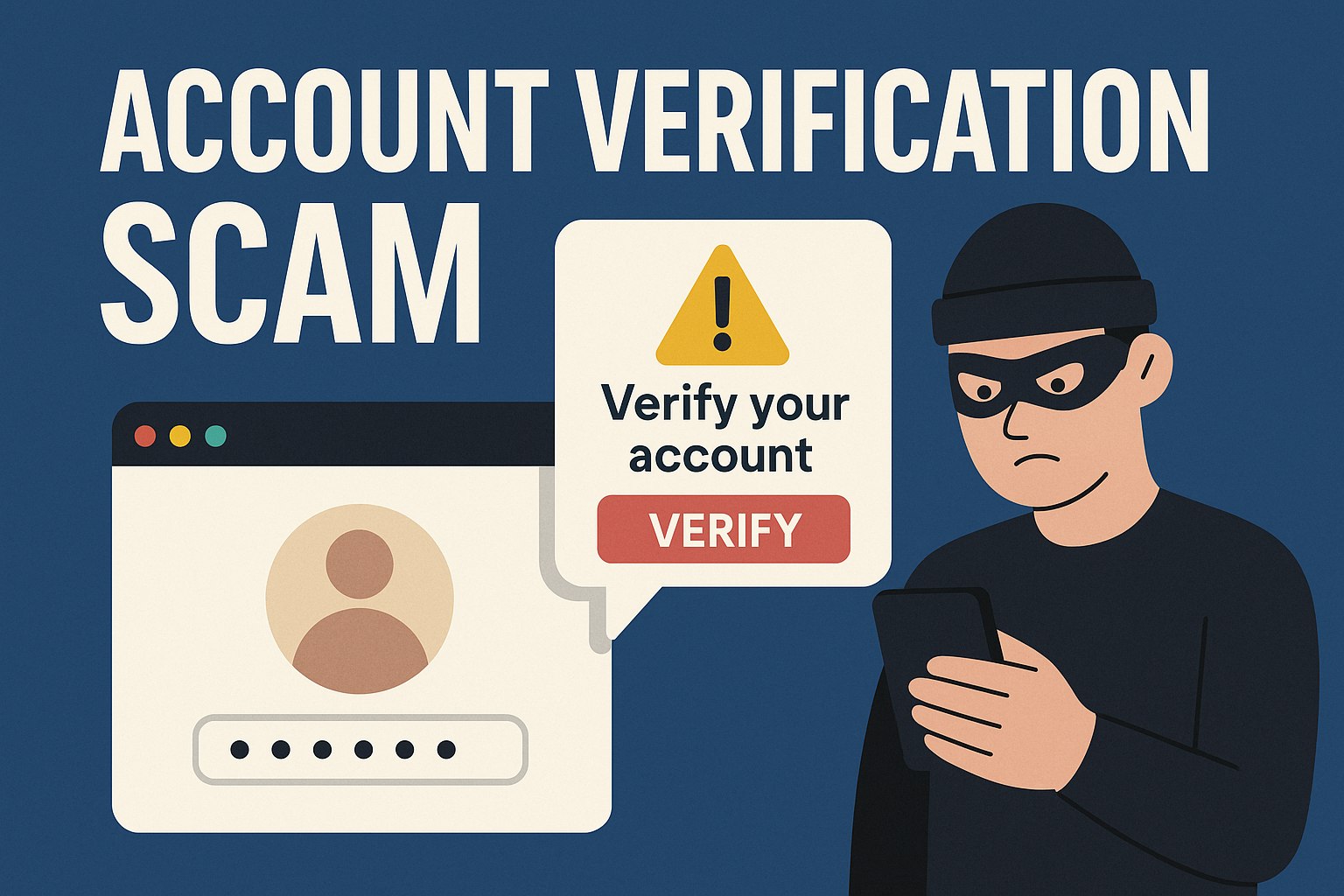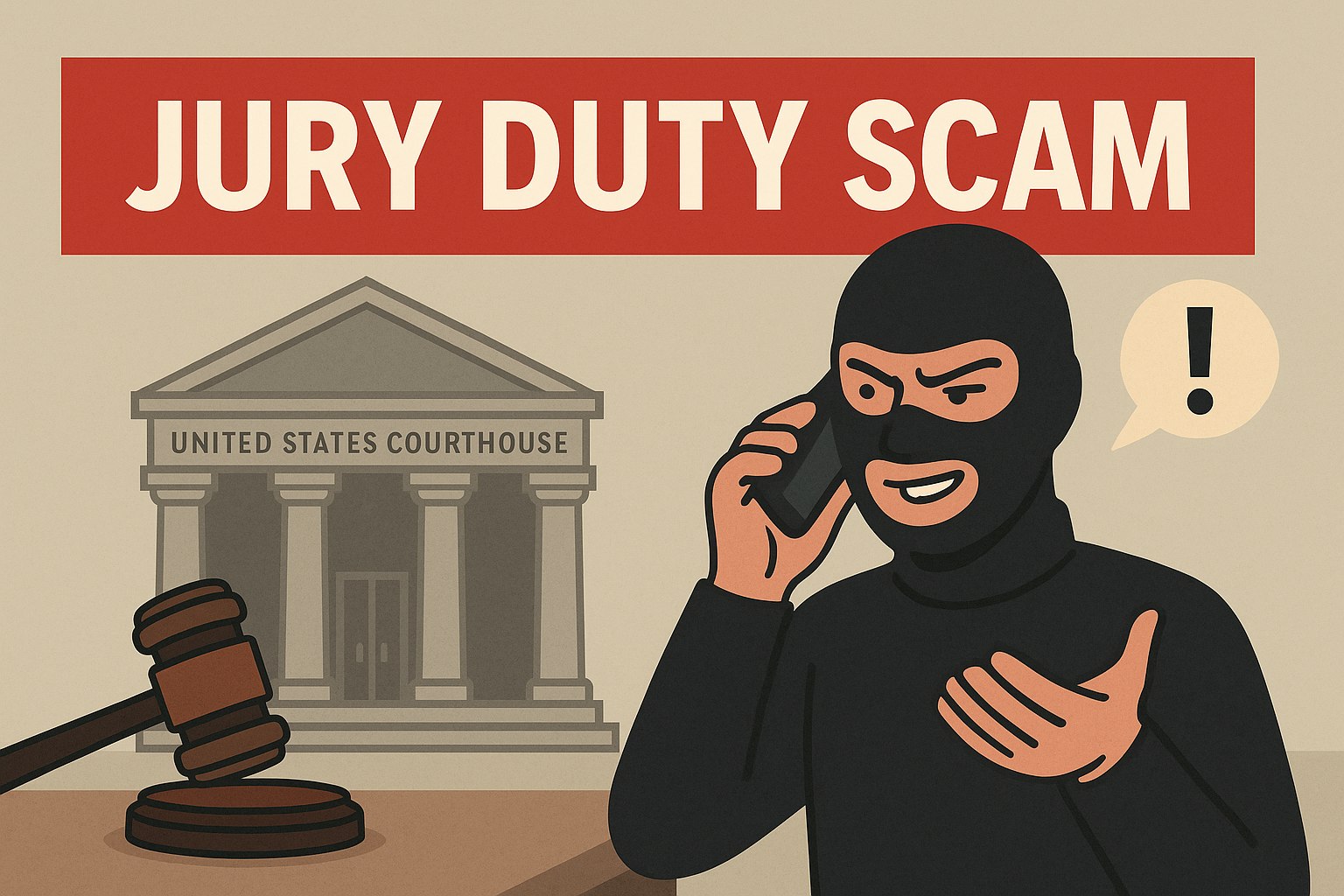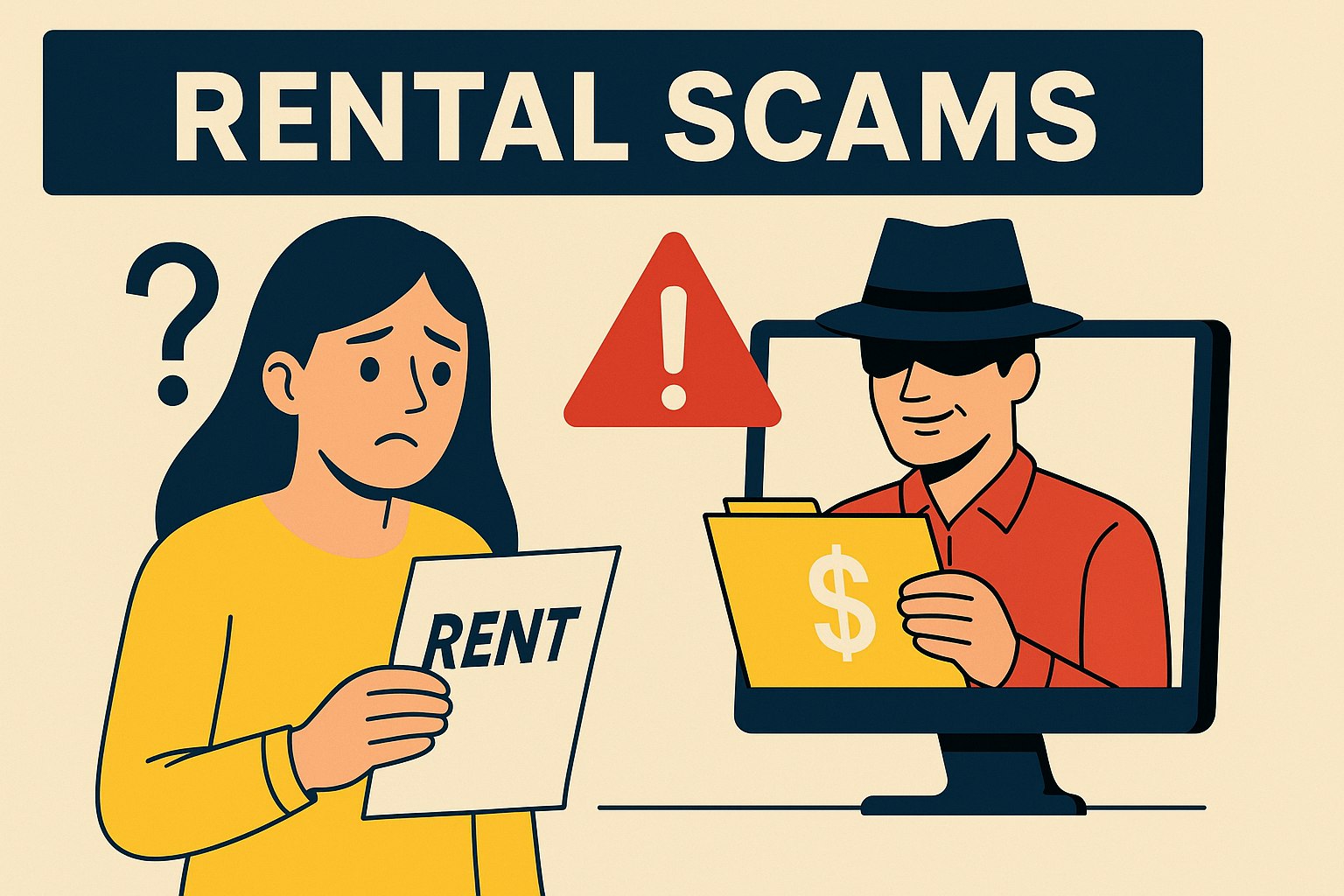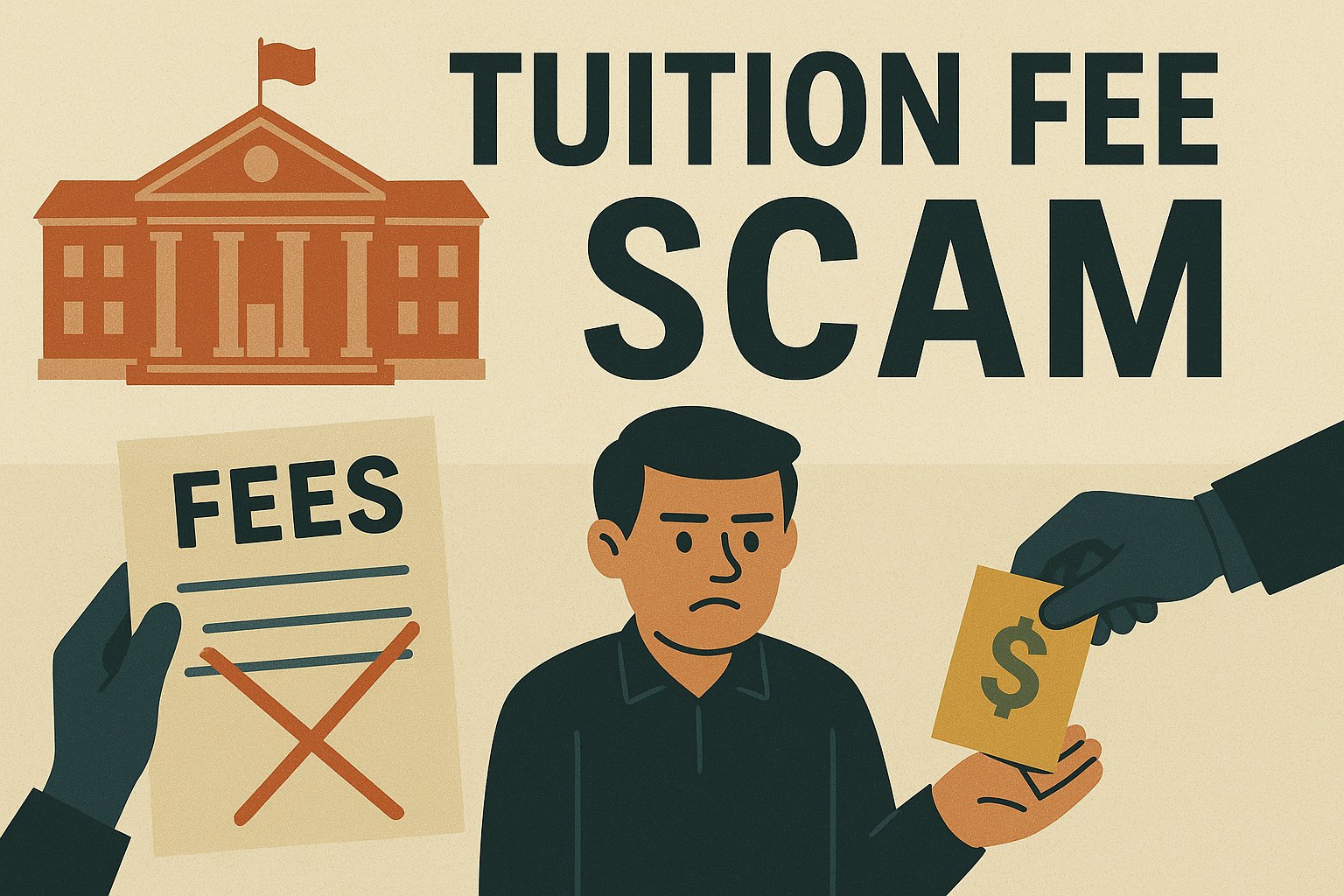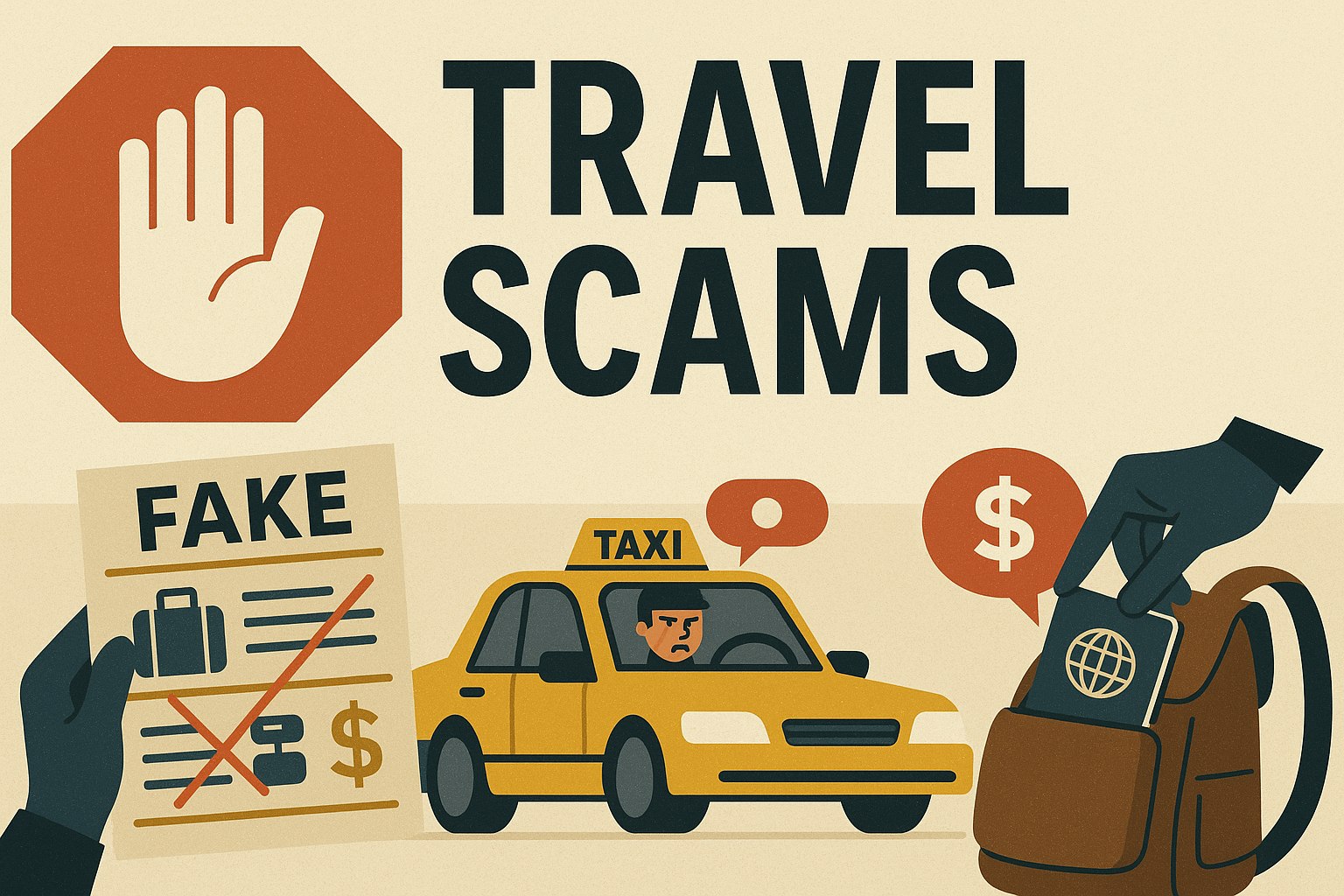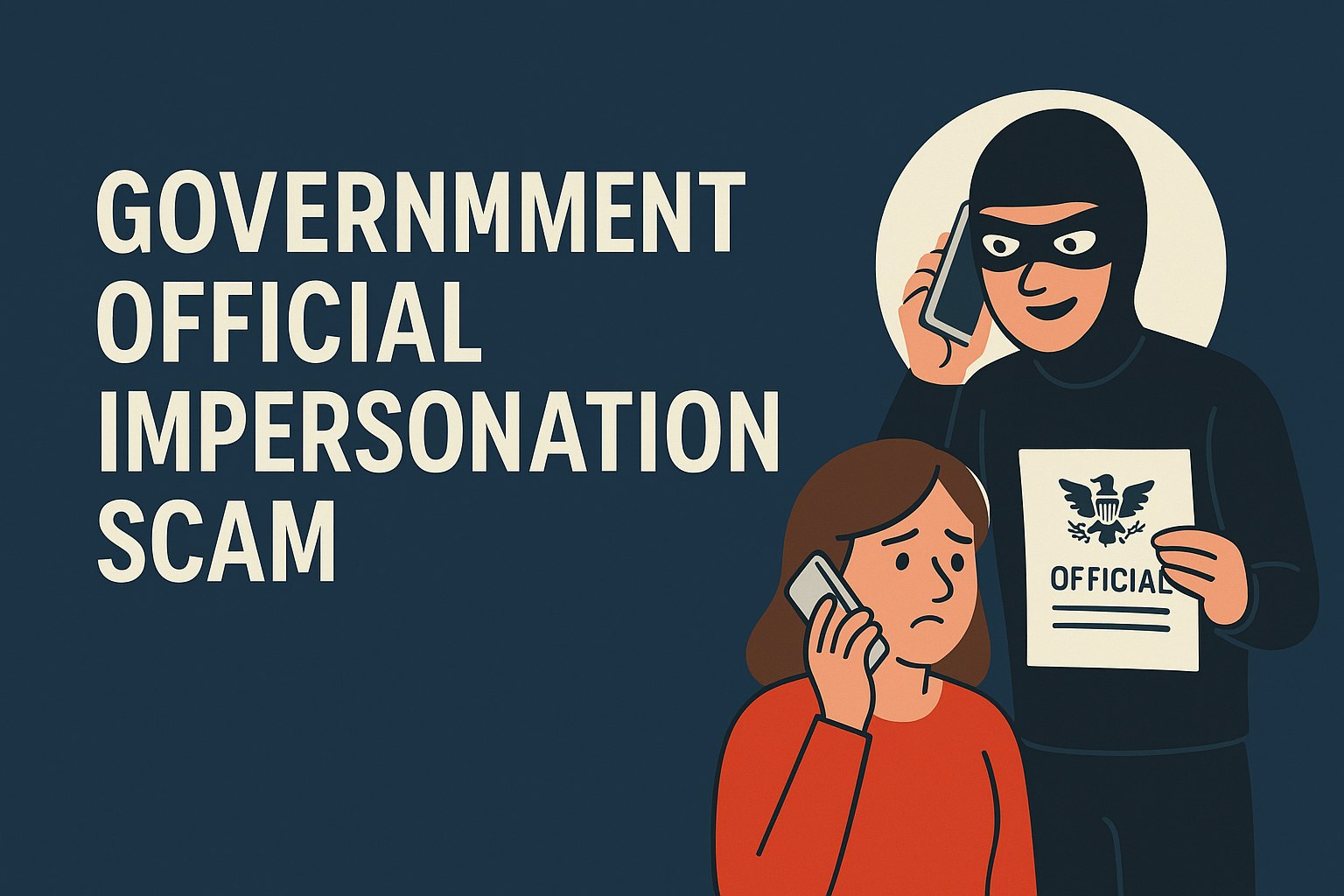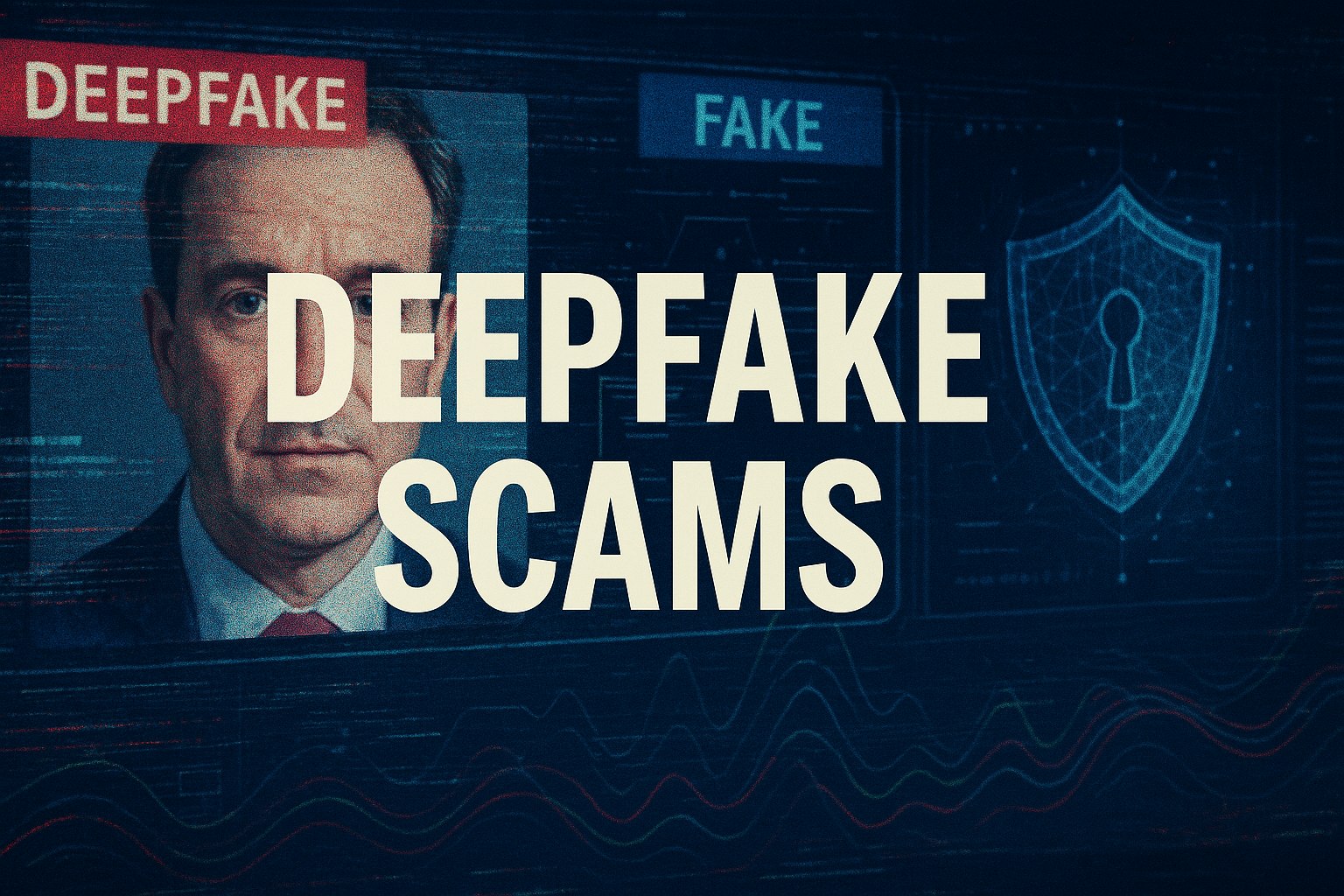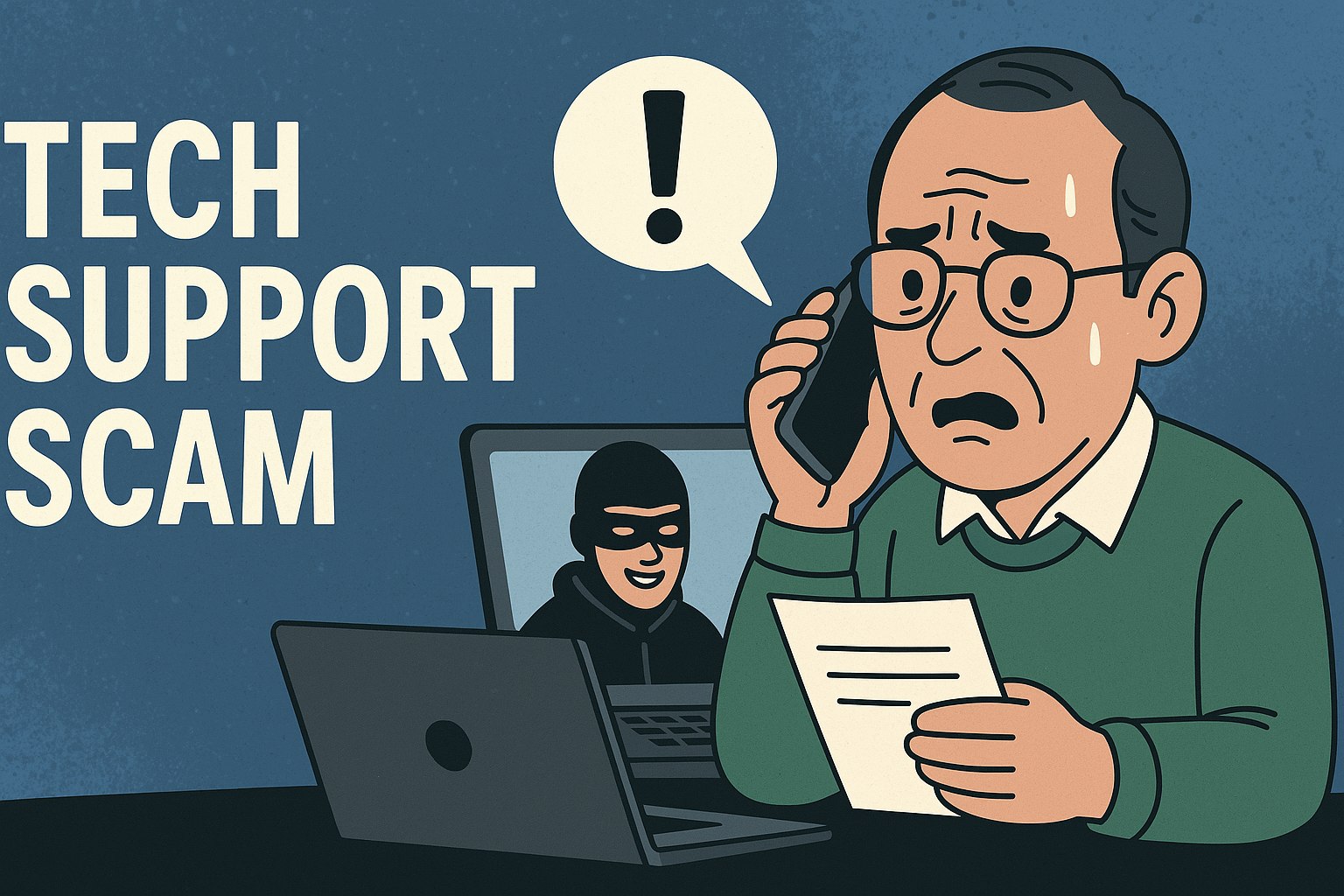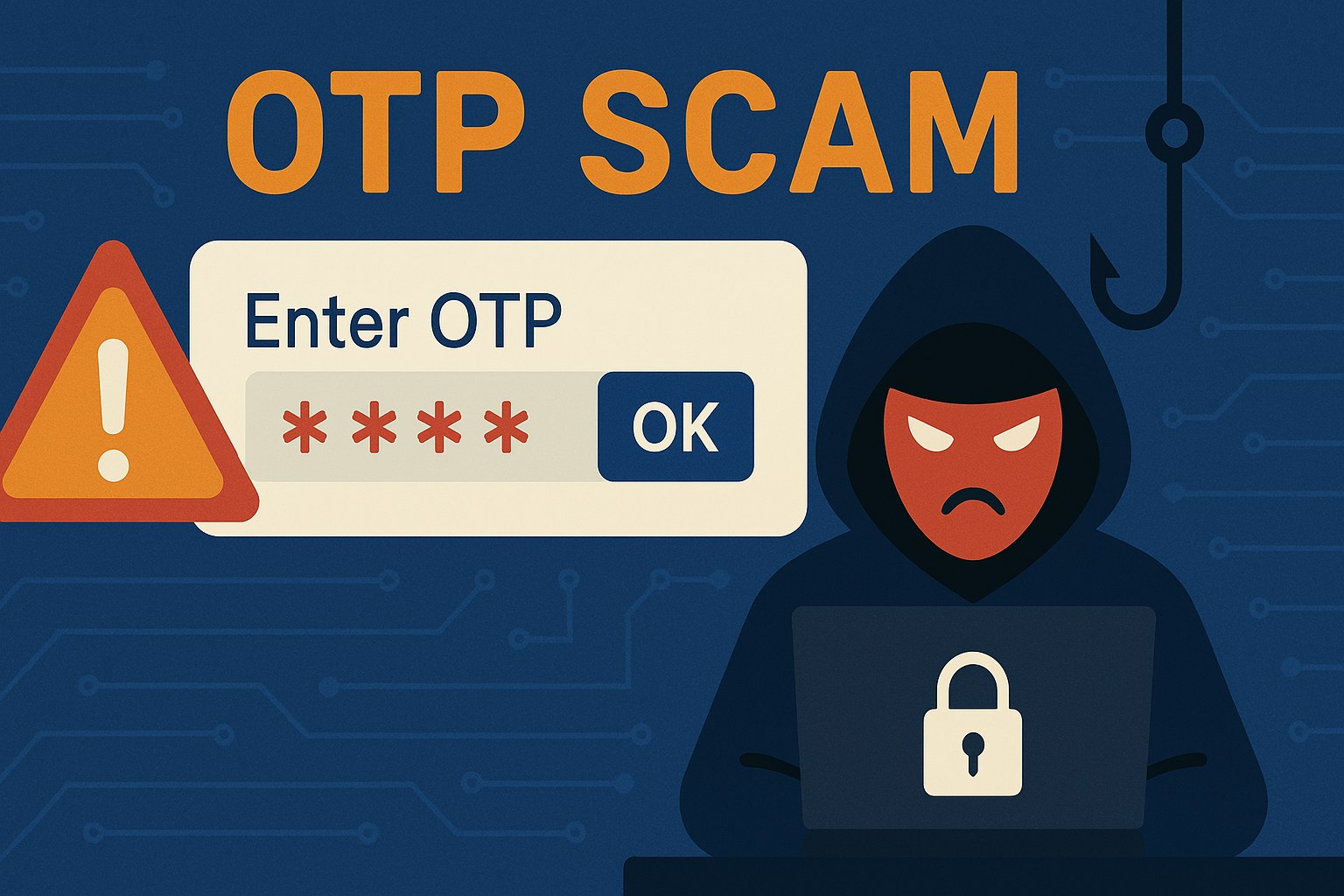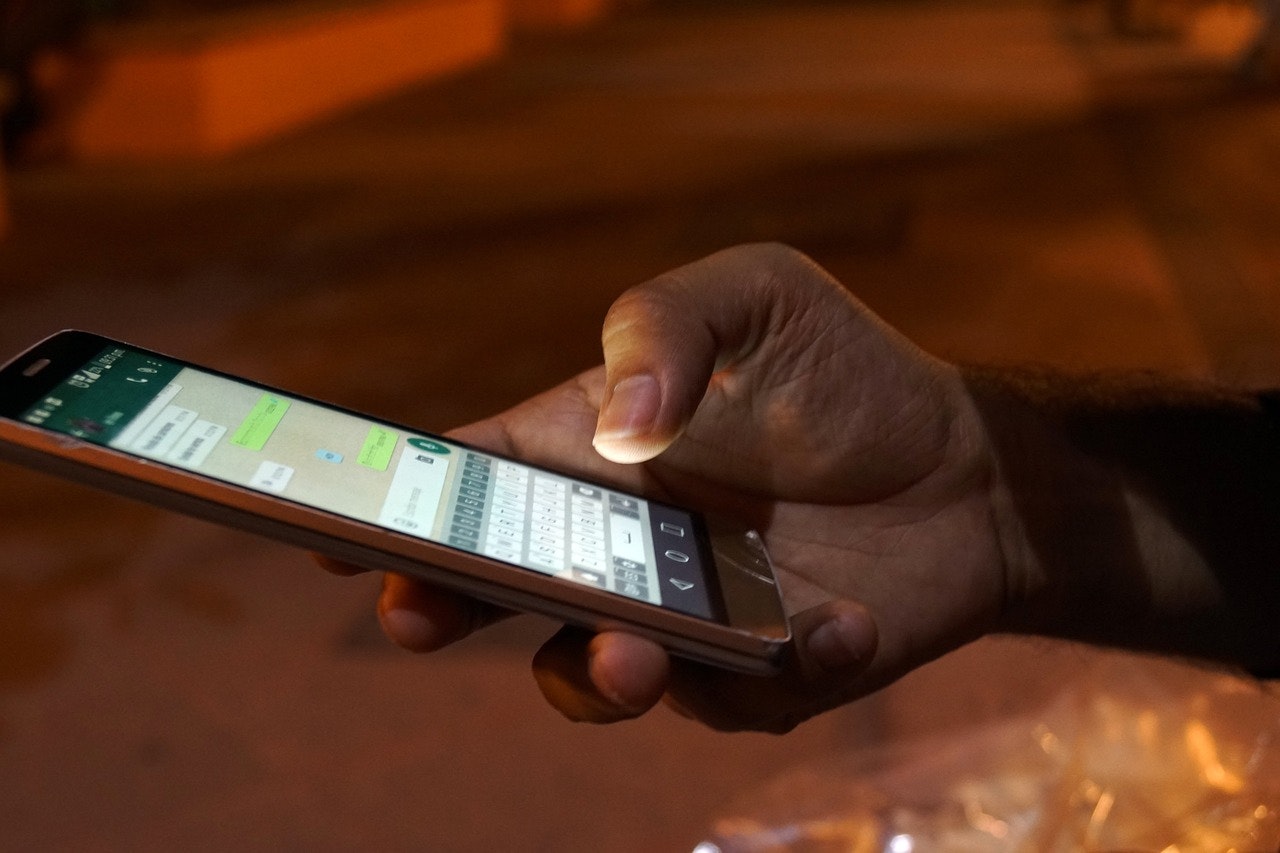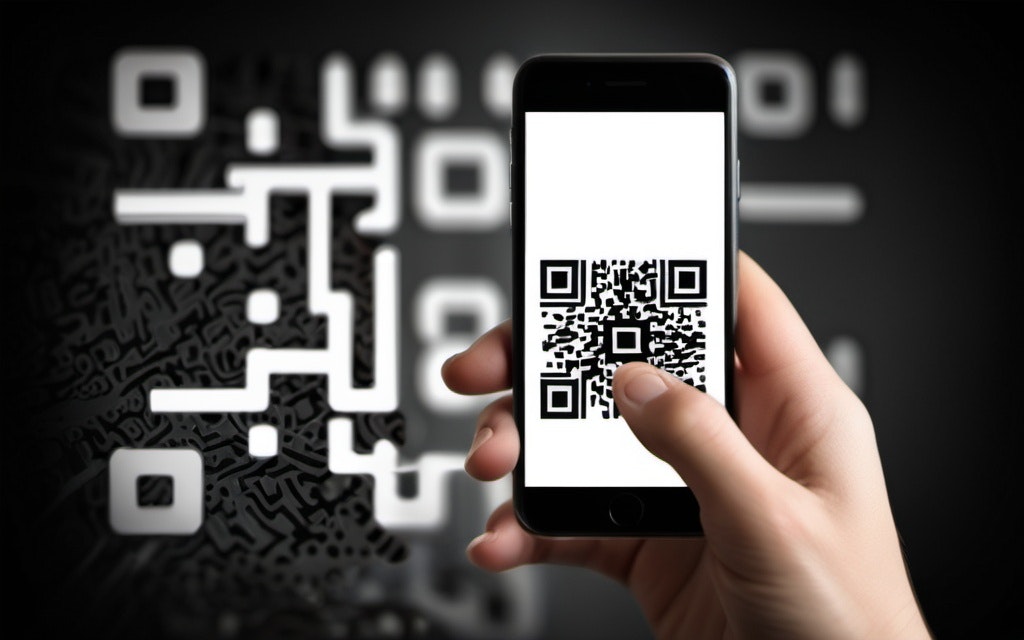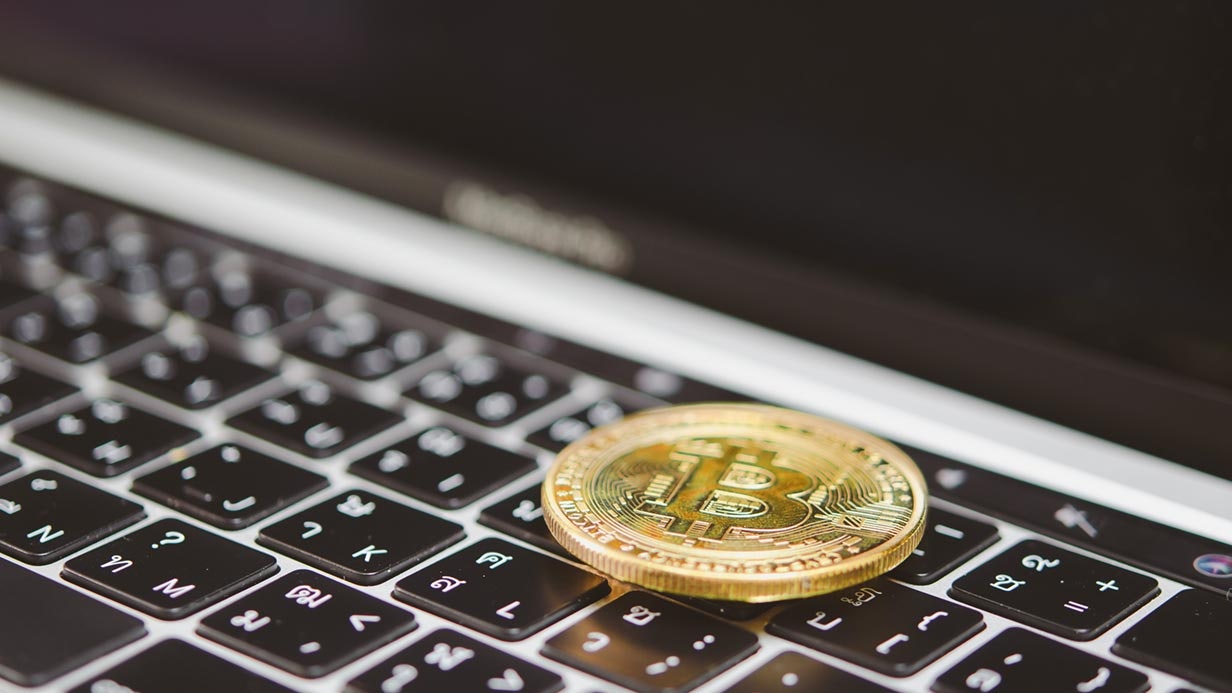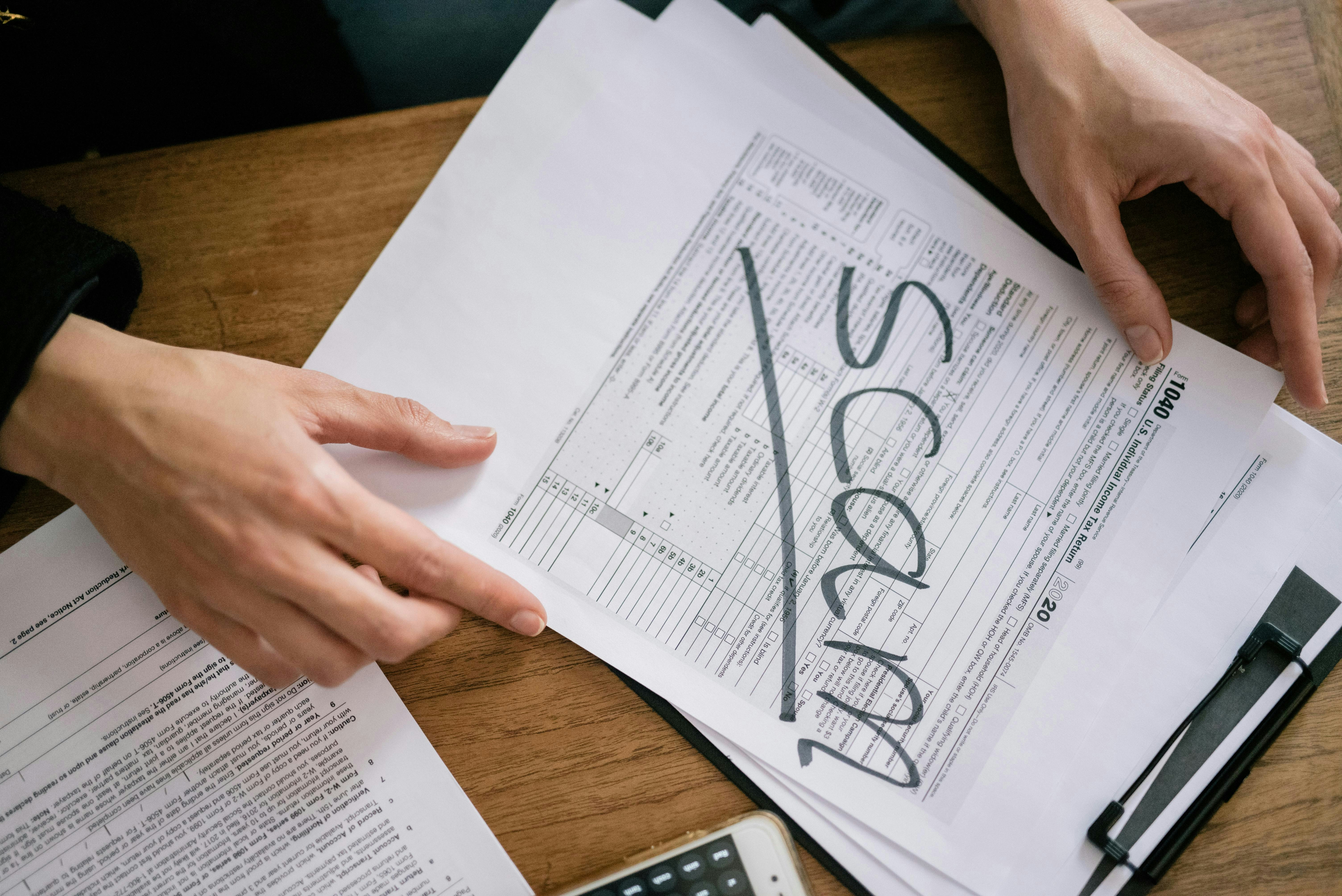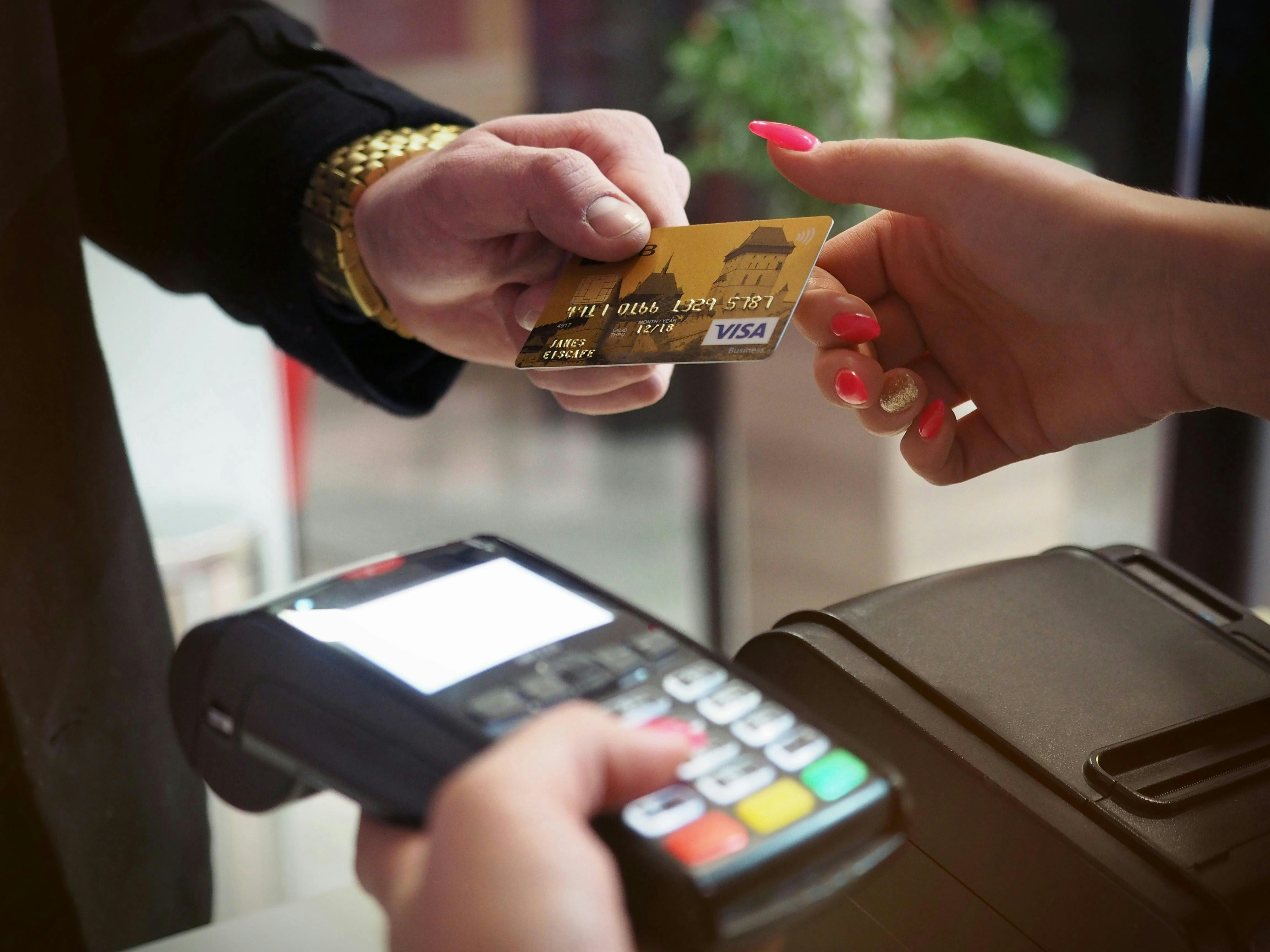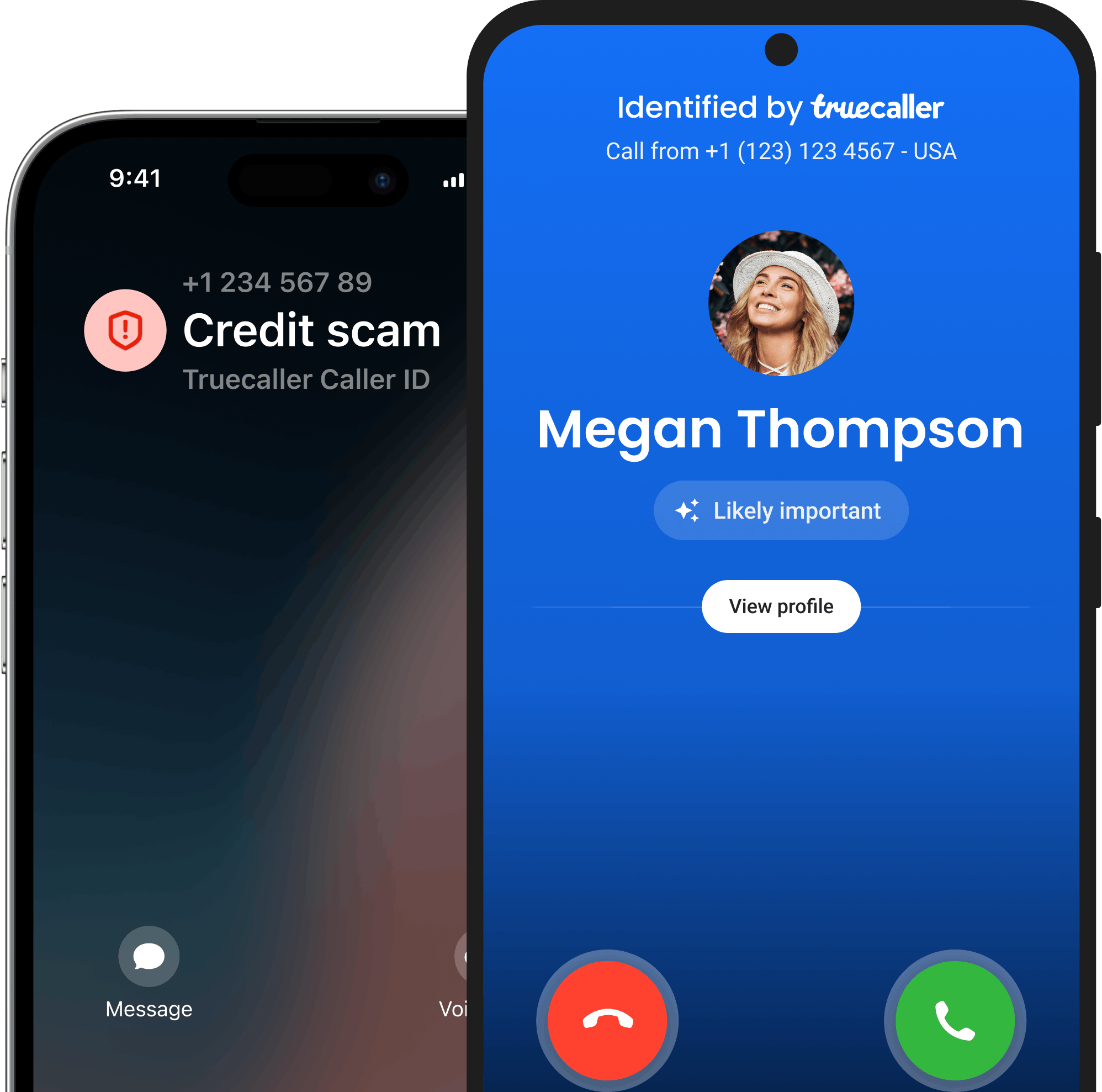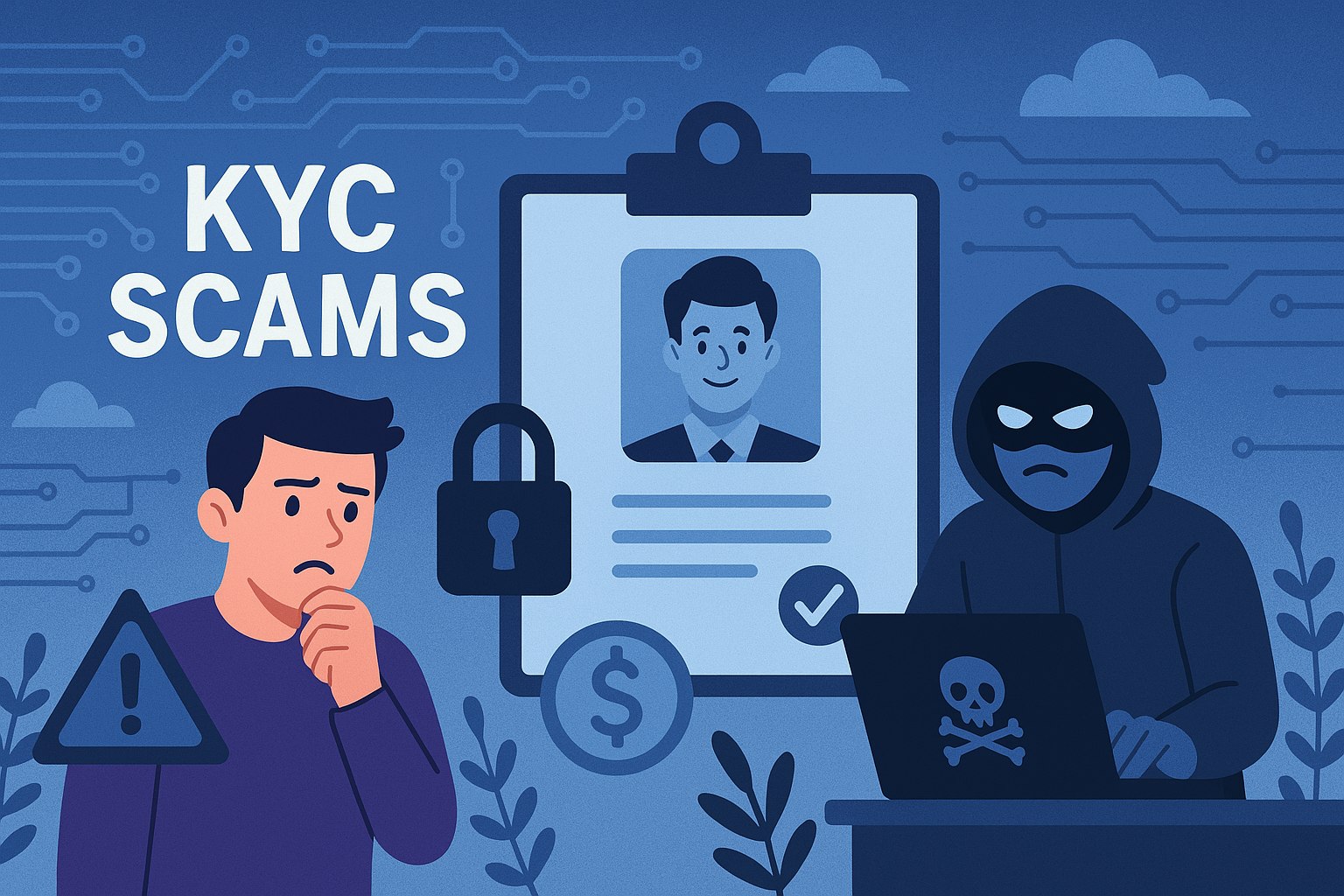
KYC Scams
KYC, or Know Your Customer, is a standard practice used by banks, financial institutions, and businesses to verify the identity of a person. It helps prevent money laundering, fraud, and other illegal activities. To complete the KYC process, individuals must provide government identification documents, proof of address, and sometimes photos or biometric data, depending upon the country they are in. It could vary a little bit from country to country but the basic premise remains the same.
What is KYC fraud?
The identification documents individuals provide for completing the KYC establish that the person is who they claim to be. If these documents fall into the wrong hands, they have the potential to destroy the credibility of the person, incur financial losses, and can be used for criminal activities as well. Scammers are employing many different techniques to make individuals shell out that information. KYC scams have been reported in many countries including India, USA, UK, Singapore, and Australia.
Common techniques used in KYC scams
Phishing is one of the most common tricks scammers use to fool individuals. They send links through spoofed emails or SMSs to fake websites and apps that closely resemble official ones, targeting unsuspecting individuals. Those who don’t verify these links and enter their personal details and verification codes on fraudulent websites unknowingly grant scammers access to their accounts. It’s dangerous because innocent individuals not only lose money but can also potentially lose their identities, with their sensitive details being compromised.
Cybercriminals often contact individuals regarding KYC updates, impersonating bank officials and representatives from financial institutions to establish trust and credibility. They create a sense of panic, making individuals believe their accounts might get suspended if they don’t comply.
Cybercriminals are constantly evolving, and so are their tactics. They have developed sophisticated malware—malicious softwares designed to steal sensitive KYC information from unsuspecting individuals. Often hidden in links, malware can infect devices when downloaded or clicked. It can extract personal details, including ID proofs, bank statements, and biometric data. Some advanced malware can even intercept OTPs, making it easier for fraudsters to bypass security measures.
How to protect yourself from KYC scams
Be wary of phone calls from unknown numbers, especially if the caller forces you to act immediately with statements like, "Update your KYC now, or your account will be suspended," or "Share the verification code you just received so we can secure your account”.
Under no circumstances should you share your OTP with anyone. Remember, no bank official will ever ask for your sensitive information.
Links sent for KYC updation through social media, SMS, or email could be malicious. Contact bank representatives through official channels in case of any doubt.
Avoid using public Wi-Fi when uploading or updating sensitive documents. The lack of security on such networks could lead to data leaks.
Truecaller can identify fraudsters through its caller ID and spam detection features, helping to block suspicious calls. Additionally, its SMS fraud detection feature helps filter out suspicious messages, making it an effective tool in curbing KYC scams. It is a robust and continuously evolving app that offers all-around protection against spammers.
What to do after falling victim to a KYC scam?
If you think you have been scammed and your KYC details are leaked. Take following actions:
- Contact your bank : Remember, the quicker you act, the higher the chances of recovering your loss. Swift action is crucial in such situations. Bank officials will guide you on the appropriate measures and may suggest freezing your account to prevent further damage.
- Change your PINs and Passwords: Immediately change the PINs and passwords of your bank accounts and email accounts if you suspect a KYC scam to prevent unauthorized access.
- Monitor your credit score: If you suspect foul play, closely monitor your credit score, and financial transactions. It is advisable to request a fraud alert or credit freeze from reputable credit bureaus to prevent further misuse of your information.
- Be aware of follow-up scams: Scammers may attempt to re-establish contact by posing as police officers or recovery agents. Refrain from engaging with unknown callers or messages to avoid further risks.
Whom to report to after a KYC scam?
If you've been a victim of a KYC scam, reach out to
- Your local law enforcement agency.
- Your bank to stop any transactions if possible
- Download Truecaller for future safeguarding. It has an extensive community and also shares regular scam alerts to its app users. Also, report the number here so that the community is also safeguarded.
Country wise reporting authorities for KYC Scams
If you are in the United States, these could be some agencies you could reach out to:
- Federal trade commission: https://consumer.ftc.gov/features/pass-it-on/charity-fraud
- Internet crime complaint centre: https://www.ic3.gov/
Reporting the scam on Truecaller will help prevent others from becoming victims.
- For immediate assistance and guidance on cyber fraud, call 1930 (toll-free)
- Serious Fraud Investigation Office: https://sfio.gov.in/
- Chakshu - Report suspected fraud communication:
https://services.india.gov.in/service/detail/chakshu-report-suspected-fraud-communication
- Sanchar Saathi: https://sancharsaathi.gov.in/sfc/Home/sfc-complaint.jsp
Reporting the scam on Truecaller will help prevent others from becoming victims.
- Police Special Fraud Unit (PSFU)
Email: report@specialfraudunit.org.ng, pro@specialfraudunit.org.ng
Whatsapp: 08127609914
Voice Call/SMS: 07082276895
Social Media: Facebook - Economic and Financial Crimes Commission (EFCC)
Email: info@efcc.gov.ng
Phone number: +234 8093322644, +234 (9) 9044751
Social Media: Facebook, Twitter, Instagram - Independent Corrupt Practices Commission (ICPC)
Email: info@icpc.gov.ng
Phone number: 08076369259, 08076369260
Social Media: Instagram, Twitter, Facebook
Reporting the scam on Truecaller will help prevent others from becoming victims.
- Action fraud: https://www.actionfraud.police.uk/charities
- Fundraising regulator: https://www.fundraisingregulator.org.uk/complaints
- GOV.UK: https://www.gov.uk/report-suspicious-emails-websites-phishing
- National cyber security centre: https://www.ncsc.gov.uk/
Reporting the scam on Truecaller will help prevent others from becoming victims.
- CSA Singapore: https://www.csa.gov.sg/cyber-aid
- File a police report at https://eservices1.police.gov.sg
Reporting the scam on Truecaller will help prevent others from becoming victims.
- Scamwatch: https://www.scamwatch.gov.au/
- Email: ReportScams@ato.gov.au
- Scam helpdesk: https://www.servicesaustralia.gov.au/phone-us?context=64107#scams
Reporting the scam on Truecaller will help prevent others from becoming victims.
- South African Fraud Prevention Service: https://cybercrime.org.za/reporting
- Internet Service Providers’ Association (ISPA): https://ispa.org.za/safety/report-cybercrime/
- In case of SIM fraud, please contact your mobile service provider
Reporting the scam on Truecaller will help prevent others from becoming victims.
- Canadian Anti-Fraud Centre (CAFC): https://antifraudcentre-centreantifraude.ca/report-signalez-eng.htm
- Local police (non emergency line)
Reporting the scam on Truecaller will help prevent others from becoming victims.
Conclusion
KYC is mandated by many government and financial institutions, and fraudsters are taking advantage of it. However, a few helpful tips can protect you from falling into their trap. Sharing OTPs, clicking on random links, installing apps from unknown sources, or giving in to fabricated pressure situations can be extremely damaging. Apps like Truecaller are designed to protect you from such scammers, with the ability to identify and alert users. If someone is pressuring you into giving up your sensitive personal information, know that it is a trap. Stay alert and be cautious.
